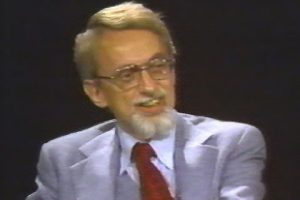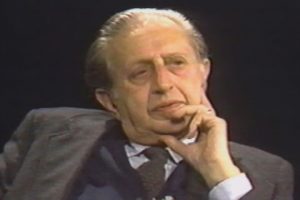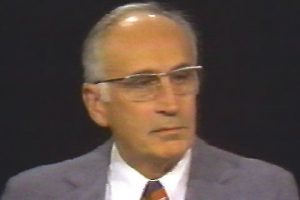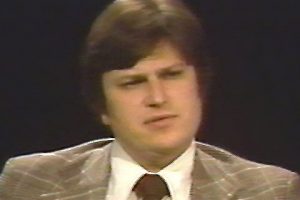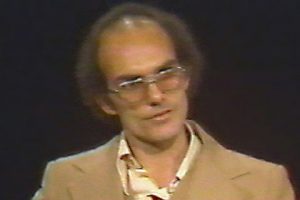Tom Hazlett
About this video
Tom Hazlett interviews Friedrich A. Hayek (Part I)
Focusing on the political implications of Hayek’s ideas, Thomas Hazlett explores the position of governments in contemporary times. The development of government as a spontaneous process with respect to the role of judges is explained. The errors in the Constitution of the USA are described. The bifurcation in classical liberal thought is described. Hayek describes implications of the democratic welfare state on the future state of the law, as well as the concepts of social justice and egalitarianism. The division of legislative power is the key to ensuring that no special privileges are granted. Aleksandr Solzhenitsyn’s thoughts on political processes, the idea of referendums and the recent ascendency of Hayek’s thoughts in the court of public opinion are all discussed.
Credits
More Interviews
Tom Hazlett
About this video
Tom Hazlett interviews Friedrich A. Hayek (Part I)
Focusing on the political implications of Hayek’s ideas, Thomas Hazlett explores the position of governments in contemporary times. The development of government as a spontaneous process with respect to the role of judges is explained. The errors in the Constitution of the USA are described. The bifurcation in classical liberal thought is described. Hayek describes implications of the democratic welfare state on the future state of the law, as well as the concepts of social justice and egalitarianism. The division of legislative power is the key to ensuring that no special privileges are granted. Aleksandr Solzhenitsyn’s thoughts on political processes, the idea of referendums and the recent ascendency of Hayek’s thoughts in the court of public opinion are all discussed.

